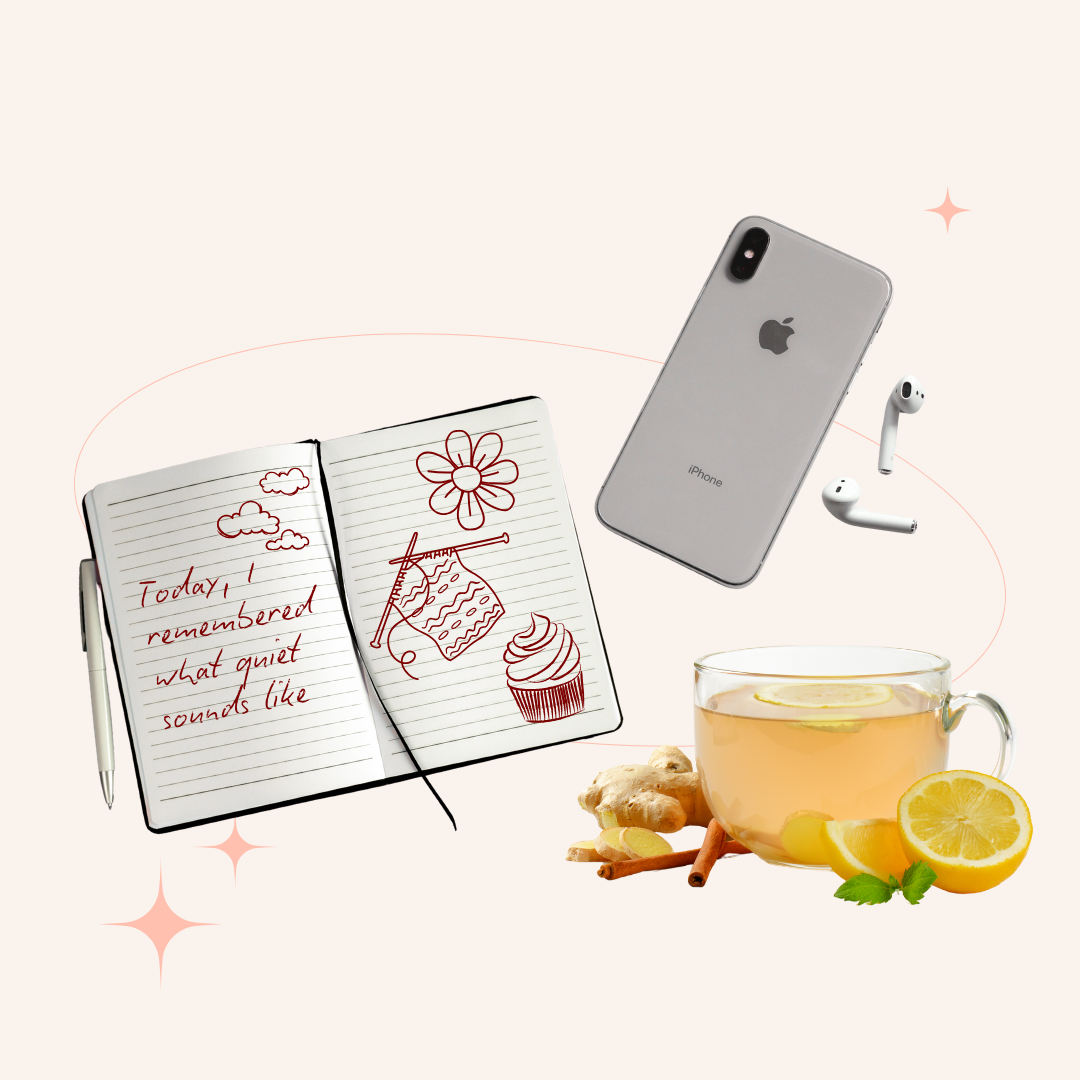
Saying no without guilt
You’ve said “yes” all year, but setting boundaries begins with the radical act of saying “no.” Easier said than done, right? From family responsibilities or caregiving to managing a side hustle, you can’t always say no, which is precisely why you have to when you can.
The hard truth is, there are only 24 hours in a day, and if you say yes to everything, you won’t have the energy or space to show up fully for anything. Sometimes, it might mean turning down something fun or even something you really feel you should say yes to — not because it’s not worth your time, but because you are.
Now for the next hurdle: the guilt. Feeling selfish or like you’re letting someone down is a common side effect of setting boundaries. What’s important to remember is you’re not. So try setting a limit on how many commitments you take on each week, practice pausing before you say yes, and avoid overexplaining — sometimes all it takes is a simple, “I’d love to, but I need a quiet one.”
Detoxing from devices (especially your emails)
For many of us, the first and last thing we do each day is check our phones. Texting, working, scrolling, researching — digital technology has completely transformed how we live. But it turns out that 24/7 access to everyone and everything is not great for your brain. Increased anxiety and depression, disrupted sleep, and shorter attention spans are just a few of the side effects of being switched on all the time.
To put it simply, it’s just not healthy to look at screens as much as we do. Summer is the perfect time to take a step back and try a digital detox — a conscious effort to reduce or eliminate digital devices. We’re not suggesting you go full Do Not Disturb until August. You can, however, set a digital curfew, log out of your school inbox, and have social media-free days each week. As someone who recently deleted an app that stole far too many hours of my life, I can report that it works.
A realistic detox isn’t about ditching tech completely, and it won’t look the same for any two people. Set clear goals that work for your lifestyle, commit to a realistic timeframe that feels manageable, and don’t worry if it’s a little uncomfortable at first — that’s part of the process. Most of all, enjoy the freedom.


Lower the bar and redefine productivity
Lastly, here’s a little-known secret: you don’t need to make the most of every day — and sometimes, the most productive thing you can do is be unproductive. That’s right, you’re allowed to do absolutely nothing on purpose. Modern society tends to praise constant productivity, and it’s easy to start linking your self-worth to how much you’ve achieved. Rest doesn’t need to be earned (but let’s be honest, every teacher already has).
What does this look like in practice? Honestly, it’s different for everyone. For some, it’s putting your phone on Do Not Disturb, drawing the curtains, and watching movies without guilt. For others, it’s having a hot coffee without trying to tick things off the to-do list before anyone else wakes up. Basically, wherever your bar is, lower it, and don’t for a second feel bad about it.